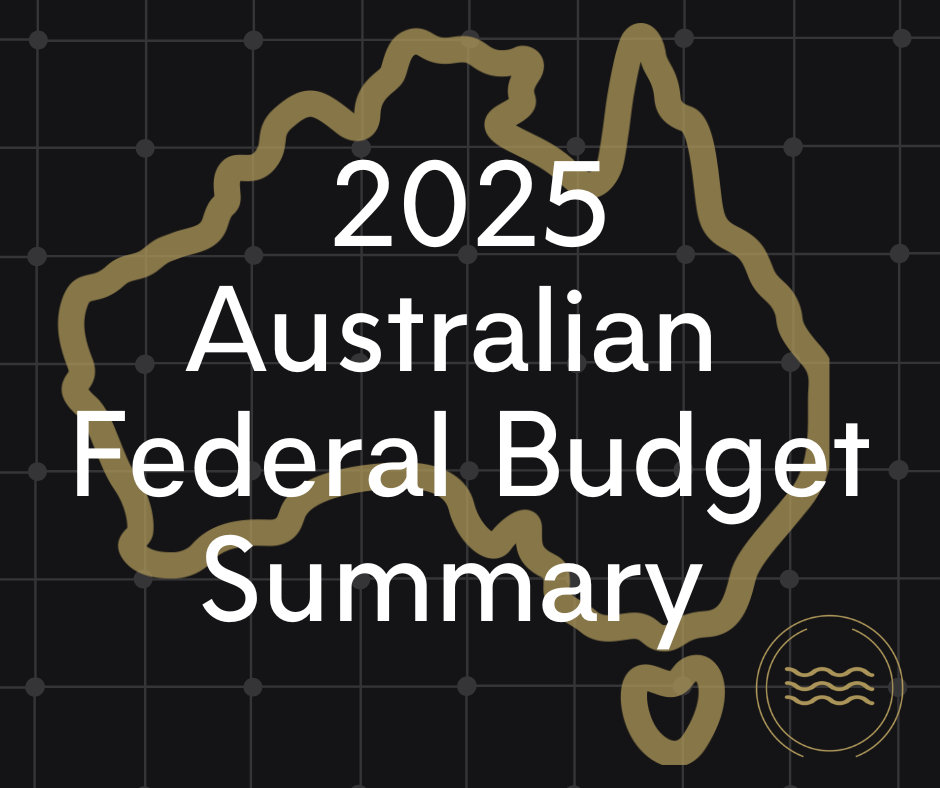
Establishing an Indian Base
An ideal form of entity depends on the purpose of the entity. For example, an ideal entity to pool assets of a high net worth individual would be trust in comparison to corporation or limited liability partnership. The boarder constitution can be outlined in two forms: corporate entities and unincorporated entities. Corporate entities are generally corporations formed and registered under the Indian corporate law like a C Corp in the U.S. Unincorporated entities generally include limited liability partnership (LLP), partnership firm, trust and Hindu Undivided Family (HUF).
Key features of a corporation, LLP and trust are listed below:
| Criteria | Corporation | LLP | Trust |
|---|---|---|---|
| Governing Law | Companies Act, 2013 (CA 2013) and the rules framed thereunder | Limited Liability Partnership Act, 2008 (LLP Act) and the rules framed thereunder. | Registered under the Societies Registration Act, 1860 or the Registration Act, 1908. Certain states have state enacted laws laying the rules in relation to public trusts. |
| Meaning | An incorporated entity formed and registered under the provisions of the CA 2013. It is a legal entity distinct from its shareholders. | LLP is a body corporate formed and incorporated under the provisions of LLP Act. It is a legal entity separate from that of its partners. | A trust is an obligation annexed to the ownership of property, and arising out of a confidence reposed in and accepted by the owner, or declared and accepted by him for the benefit of another, or of another and the owner. |
| Minimum capital to set up | There is no requirement of minimum capital to form a corporation. | There is no requirement of minimum capital to form an LLP. | There is no requirement of minimum capital to form a trust. |
| Approving authorities | Foreign Direct Investment (FDI) policy allows 100%investment in India under automatic route in general for all sectors except where there is an express restriction. | FDI policy allows 100% investment in India under the automatic route in LLPs operating in sectors/activities through the automatic route and there is no FDI linked performance conditions. | Foreign contribution from sources outside India requires prior permission from the Ministry of Home Affairs. |
| Activities allowed | A corporation can be set up for carrying out lawful business activities. Certain companies can be set up for promoting art, science, commerce, religion, charity or any other useful object but are not allowed to distribute profits as dividends to its members and apply such profits for the purpose it is set up. | An LLC can be set up for carrying out lawful business activities. | Trusts are generally set up for religious, charitable or private administering of assets. |
| Management | The board of directors will manage the day to day operations of a corporation. | The partners will manage the day to day operations of the LLP. | The trustees will manage the day to day operations of the trust. |
| Meetings | Per the provisions of CA 2013 and rules made thereunder a corporation must conduct board and other meetings. | There are no specific requirements for meetings of partners. | The trust deed may lay out the requirements for any meetings. |
| Closure | A corporation may be wound up voluntarily or at the option of the court under CA 2013. It is a time-consuming process. | There are no specific requirements for meetings of partners.An LLP can be wound up by as per the procedures as under LLP Act. The process is much simpler as compared to a corporation. | The trust deed can provide for the manner of dissolution of the trust. |
The above chart presents few features of the entities but in deciding the form of an entity to carry on Indian operations or pooling Indian assets, global investors or high net worth individuals must consider the objective and activities of such entity. Further, the restriction of funds to be invested in and out of India are governed under the Foreign Exchange Management Act, 1999, notifications and circulars issued by the Reserve Bank of India and foreign policy issued and updated from time to time. Our whitepaper titled Interaction of Indian and U.S. Tax Laws configures the tax and foreign exchange requirements in a manner that the readers will be able to understand their significance.




